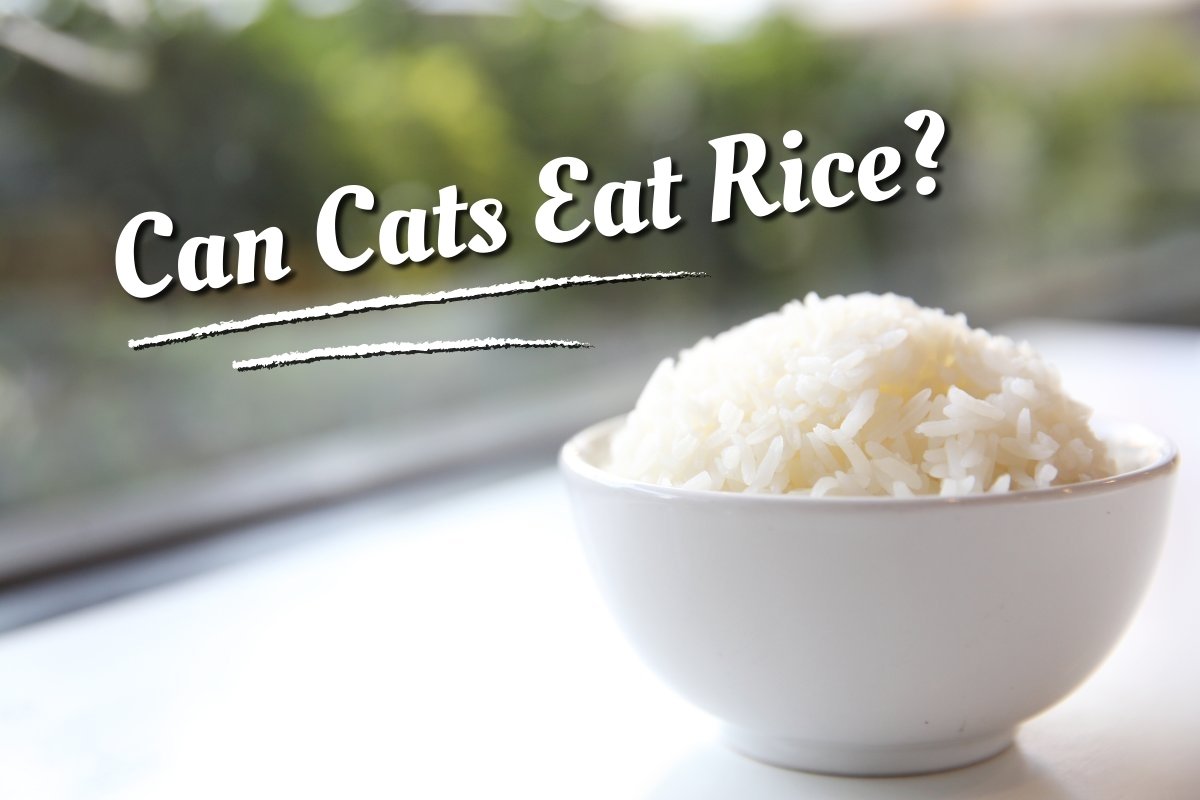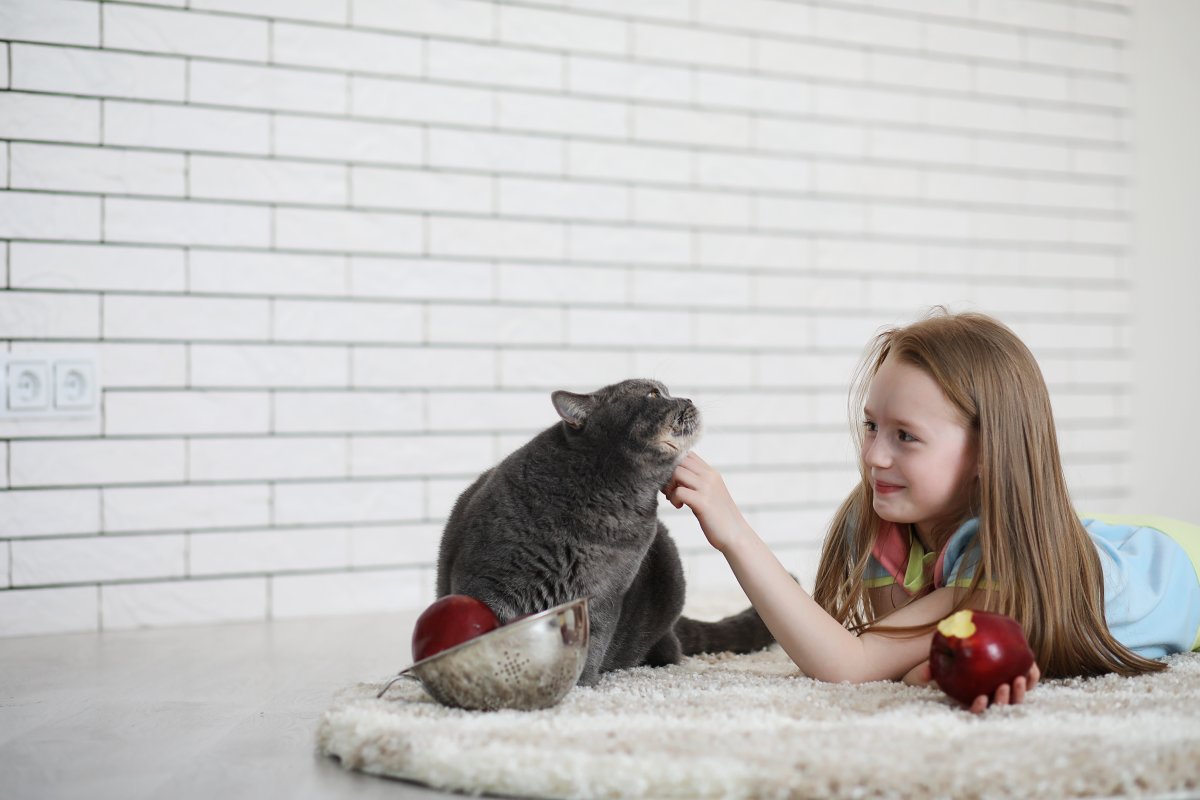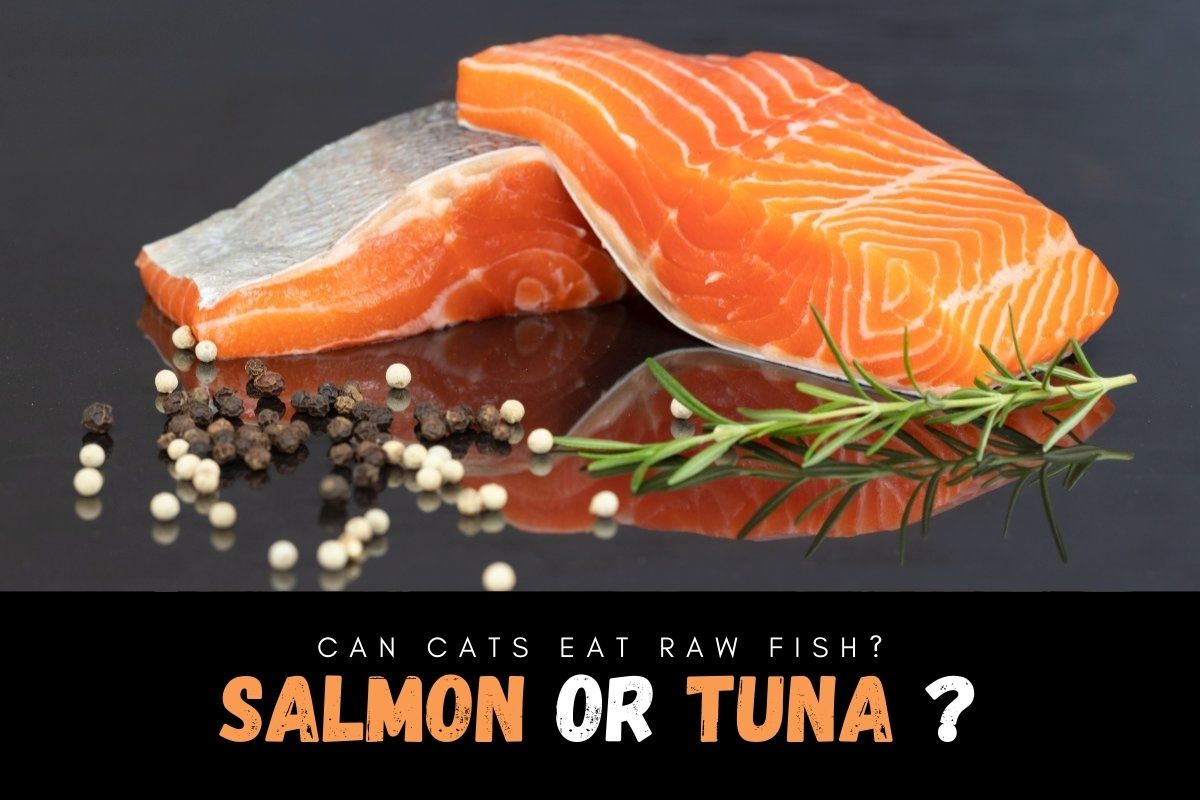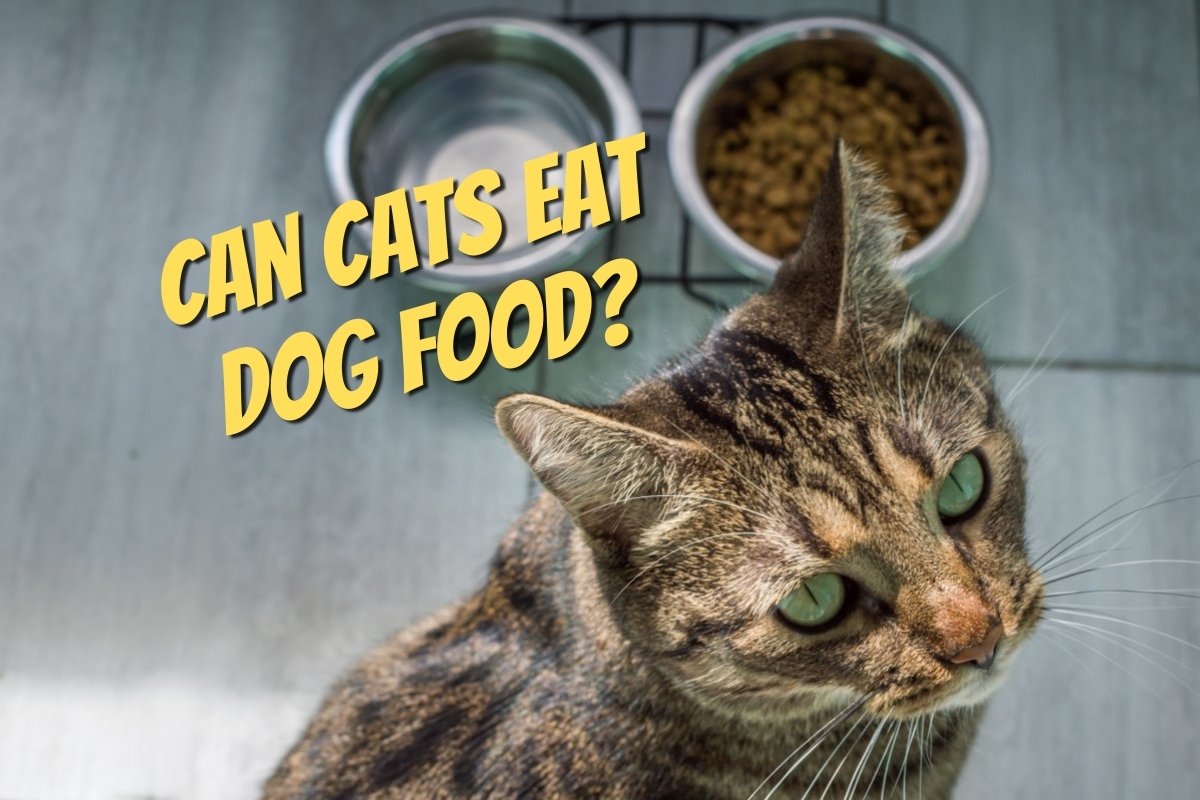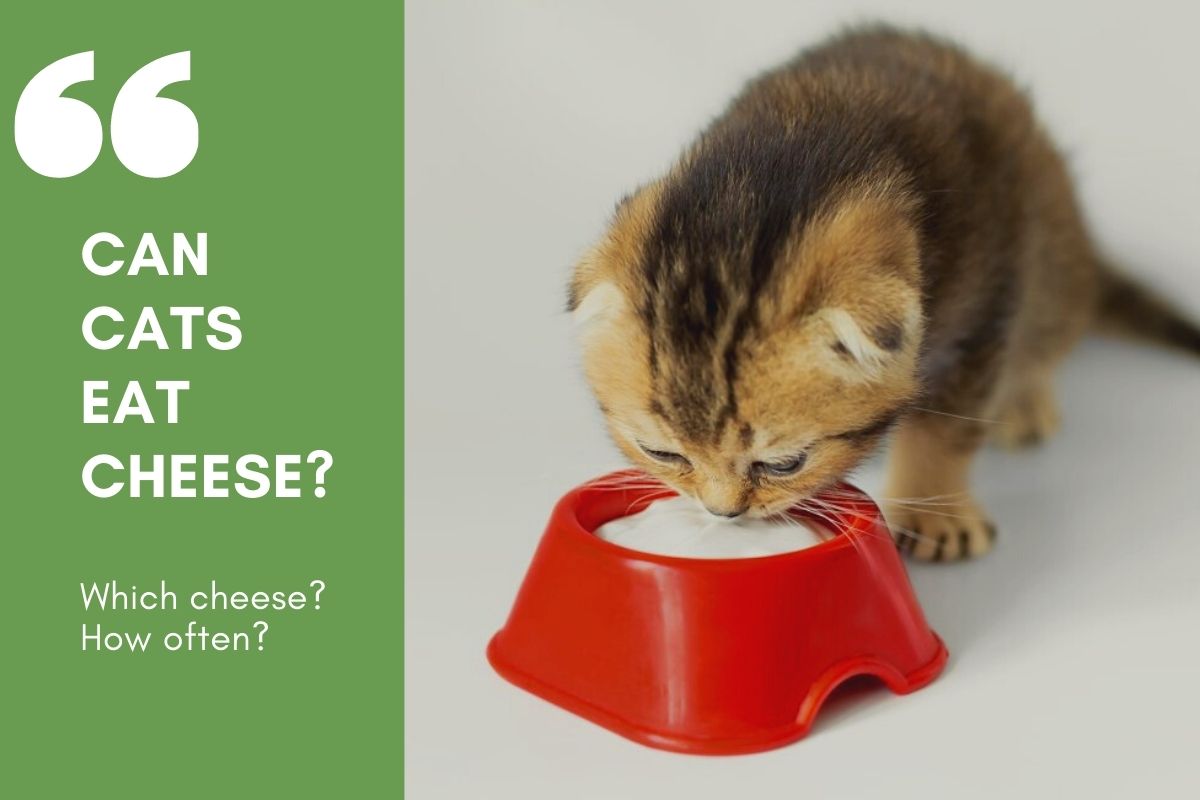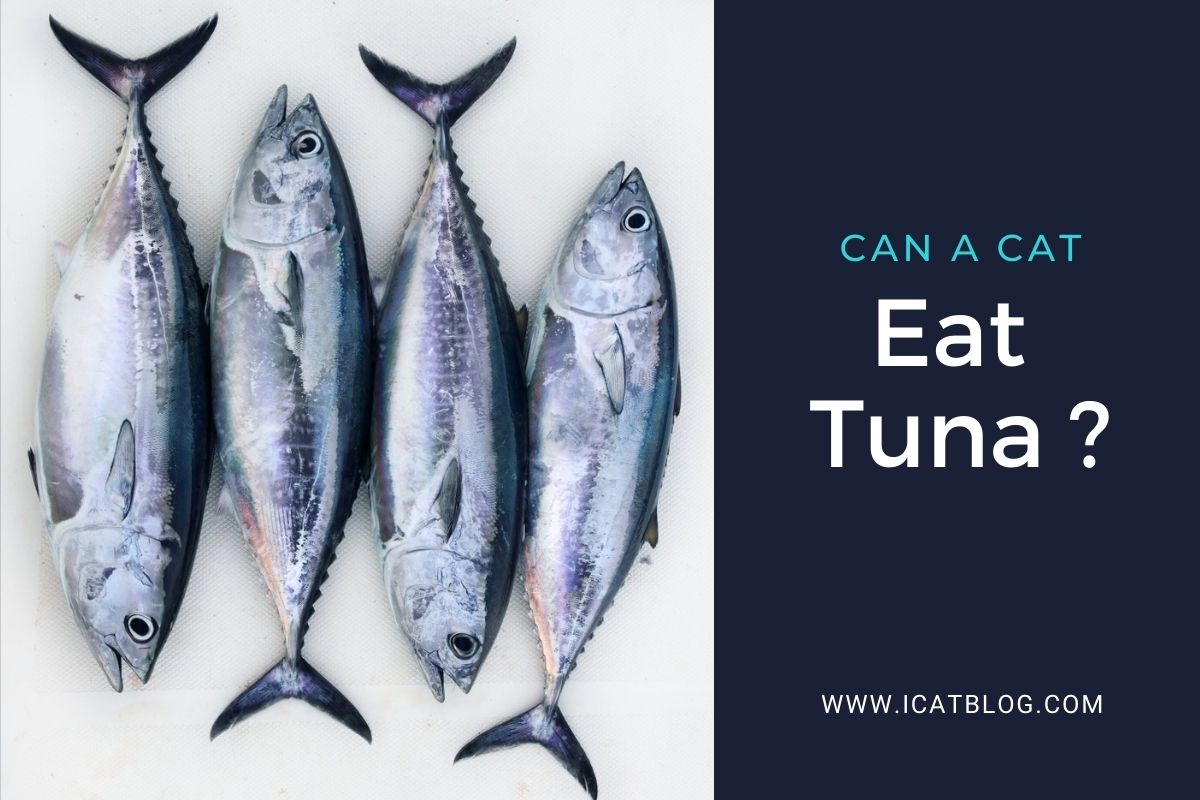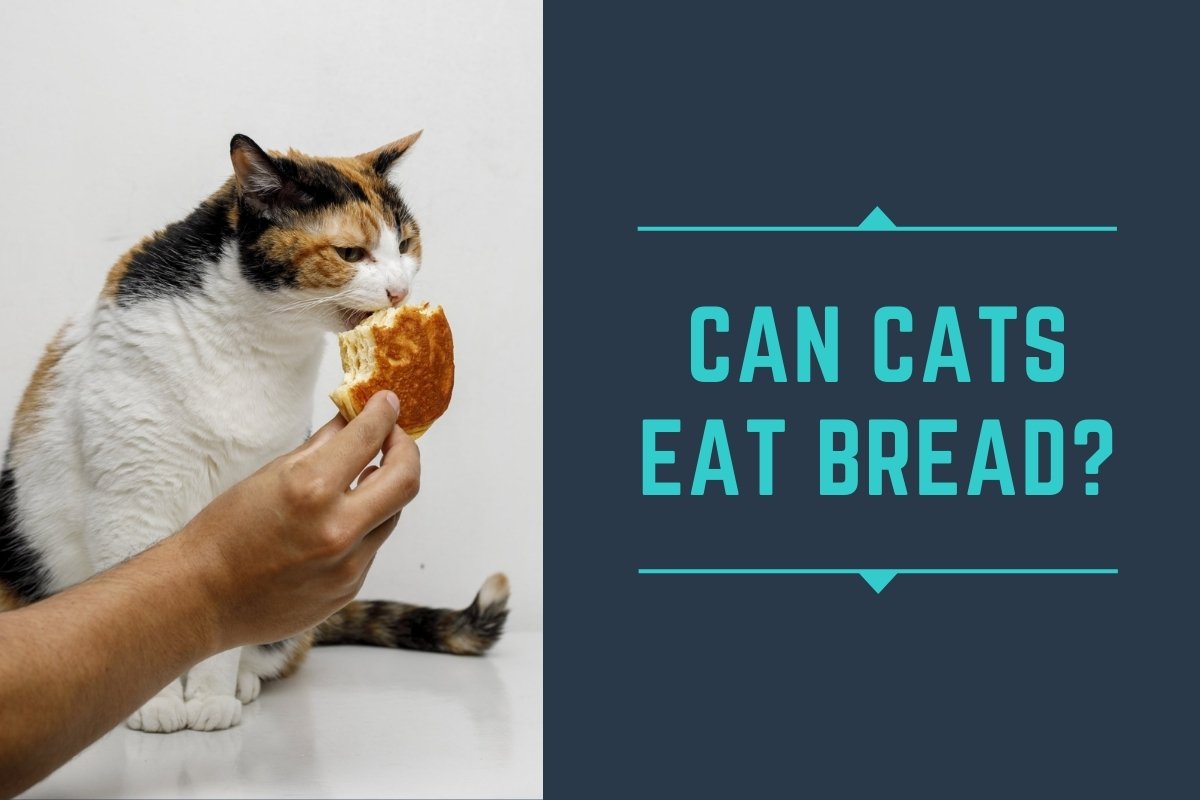Rice is widely consumed in many Asian nations. It is, in fact, the world’s most often consumed staple food. Rice is also an excellent addition to any dish. Until now, it may have appeared that this article is solely about rice.
So, we’ll talk about whether or not this meal is safe for our feline friends. Cats are obligate carnivores, which means they must consume only meat. Humans eat both plants and animals, and what is good for humans, however, may not be safe for our felines. Their requirements differ, and we are here today to examine whether rice is a good food element to include in their diet.
Is Rice Good for Cats?
Rice is not only safe for our feline companions; it also provides several advantages. The fiber will undoubtedly aid her digestion and go a long way toward reducing constipation. Surprisingly, it is a regularly recommended meal when your cat is experiencing stomach problems. When your cat has stomach issues, offer her a bland meal of boiled rice with some chicken mixed in to aid her bowel movements.
Is Rice Bad for Cats?
Rice, in general, is not healthy enough to be offered to a cat as a meal replacement.
Rice is also a carbohydrate, and too many carbs can cause diabetes and obesity in cats. Your cat should not be served undercooked rice. Not only is uncooked rice difficult to digest, but it may also contain a natural insecticide that might make your cat sick. Also, make sure that the rice you feed your cat contains no additives. These flavors have the potential to be dangerous.
Always consult your veterinarian before introducing new foods into your pet’s diet, as each pet reacts differently to new foods.

Can Cats Eat Brown Rice?
Brown and white rice are both safe for cats, and neither is more helpful than the other. In truth, rice has very little nutritional value for cats, which is why a cat should never be fed rice alone for an extended period of time.
Rice for cats should only be used as a supplement to a bland diet if your cat has a sensitive stomach. And, like with many meals, some cats may be allergic to rice.
Can Young Cats Eat Rice?
It is critical to emphasize that kittens should not eat rice under any circumstances, including while they are suffering from diarrhea. This is due to the fact that rice might promote constipation or possibly stunt their development. It is recommended that you take your cat to the vet if they have a health problem.
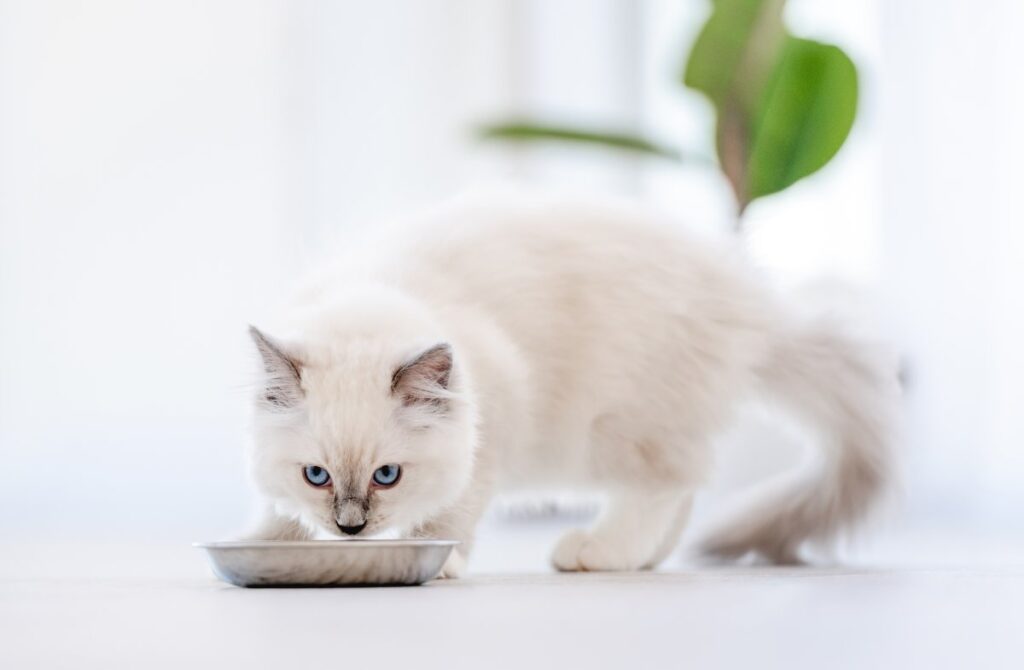
Problems with Feeding Cat Rice
Feeding rice to your cat has both pros and cons, just like everything else in life. Felines are carnivores; meat is their primary source of sustenance, rice doesn’t provide much protein for your fluffy companion, and cats thrive mostly on proteins.
Malnourishment can result from overeating rice regularly, negatively impacting your cat’s lifetime and overall health. Furthermore, it can cause your cat to become bloated and gaseous.
The digestive system of your pet is not designed to digest grain crops. Rice and other grains have some nutritional value; however, they are frequently used as fillers. They don’t provide any nutrients, and if your cat eats too many of them, she may have stomach issues. Furthermore, if your kitty pal isn’t used to rice, she may vomit it. Finally, a rice-based diet can induce underdevelopment in neonates or young kittens.
In other words, feeding rice to your cat offers too many health risks in comparison to the one benefit of preventing diarrhea.
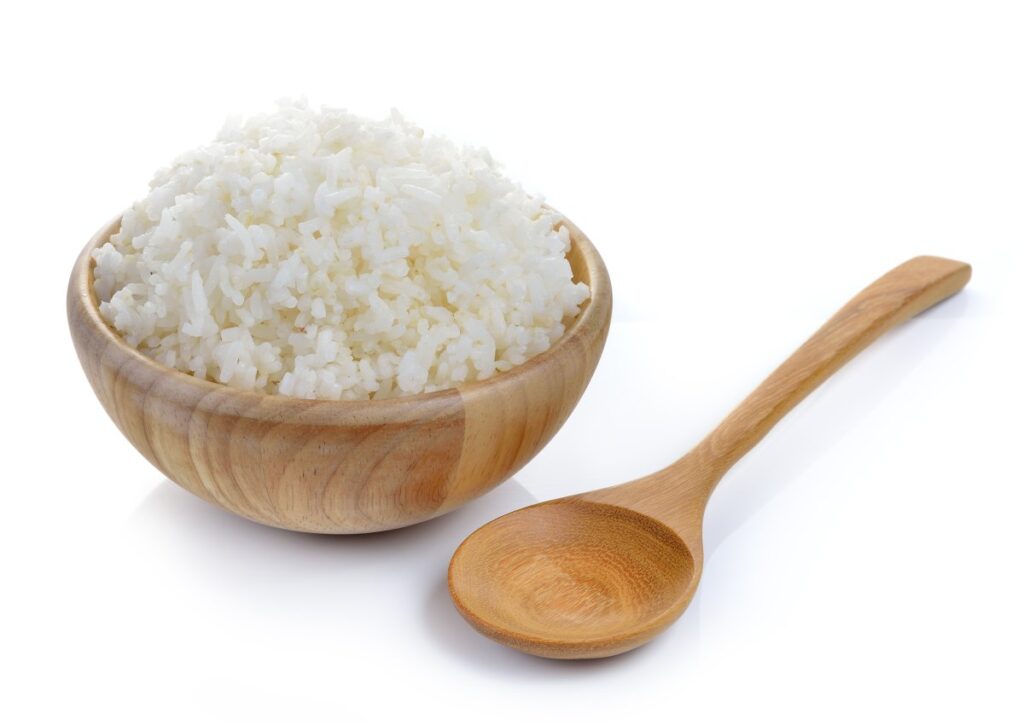
Things to Remember While Feeding Your Cat Rice
- When preparing your feline’s food, make sure that meat items account for roughly 75 percent of the components, rice for approximately 25 percent, and some nutritious vegetables are sprinkled on top. Remember this when shopping for cat food, and make sure that rice or other grains do not exceed the protein ratio.
- Before boiling the rice, properly wash the grains and repeat the process as long as the drained water does not seem clear, removing any excess dirt.
- It is advised that you only buy organic rice packets from the store.
- Do not serve them cold or refrigerated rice; instead, serve them fresh and hot rice.
- Serve rice with boiled chicken or fish for a nutritious diet, or sprinkle rice on cat food.
- While puffed rice and granola bars are not detrimental to cats, plain rice is always the best alternative.
- Avoid hot rice recipes such as fried rice and Mexican rice since they contain spices and ingredients that may be harmful to your cat’s stomach.
- Serving brown rice is the greatest method to ensure that your cat gets the most nutrition out of it; however, white rice is simpler to digest.
- Never combine rice with dairy products such as milk or curd, or fish such as tuna, unless you are certain that the component is absolutely suitable for your feline buddy.
In Conclusion
There is no reason to feed your cat rice in general, but it is commonly believed to be a safe alternative. Rice has no nutritional value for your cat and, if served in high quantities over a long period of time, may contribute to nutritional deficiencies or obesity. However, because it is bland, abundant in calories, and easy to digest, it is an ideal diet for cats suffering from stomach distress. Don’t be scared to give your sick cat rice, but make sure it doesn’t become a habit.

